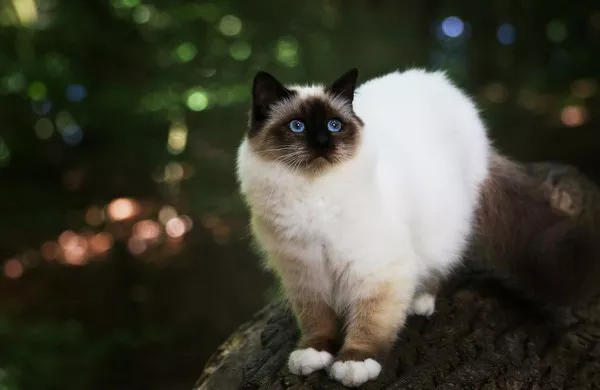Cats have long been cherished companions to many, with their enigmatic personalities and independent nature capturing the hearts of countless individuals. However, not everyone shares the same sentiment towards our feline friends. Have you ever wondered why some people just don’t like cats? In this article, we’ll delve into the top five reasons behind this sentiment, exploring various factors that contribute to differing opinions on cats. By understanding these reasons, we can foster a greater appreciation for diverse perspectives and better grasp the dynamics between humans and their furry companions.
1. Personality and Interaction
Expectations of Interaction: For some individuals, the expectation of a pet that actively seeks out interaction and companionship might not align with a cat’s more independent nature. Unlike dogs, which often display overt excitement and social behavior, cats are known for their selective interactions and occasional aloofness.
Preference for Interactive Pets: People who value constant interaction with their pets might gravitate towards animals that are more openly affectionate and expressive, leading to a preference for species like dogs over cats.
2. Allergies and Health Concerns
Allergic Reactions: Allergies to cats are relatively common, with symptoms ranging from mild discomfort to severe respiratory issues. Some individuals might avoid cats due to concerns about triggering allergic reactions.
Health Precautions: People with compromised immune systems or certain health conditions may need to be cautious around animals, including cats. This concern can influence their preferences for pet companions.
3. Cultural and Superstitious Beliefs
Historical Cultural Views: Cultural attitudes towards cats have varied throughout history. In some cultures, cats were revered and considered sacred, while in others, they were associated with superstitions and negativity. These historical views can influence present-day perceptions.
Superstitious Beliefs: Superstitions surrounding cats, such as the notion that they bring bad luck, continue to linger in some societies. These beliefs can shape individuals’ attitudes towards cats.
4. Traumatic Experiences
Negative Past Encounters: Traumatic experiences involving cats, such as scratches or bites, can leave lasting impressions. People who have had negative interactions with cats in the past might develop aversions or fear.
Fear of the Unknown: For some individuals, a lack of familiarity with cats can lead to apprehension or fear. Their unpredictability and quick movements might trigger discomfort in those who are not accustomed to feline behavior.
5. Lifestyle and Preferences
Travel and Independence: People with busy or travel-intensive lifestyles might find it challenging to accommodate the needs of a pet, especially a cat that values independence and can be left alone for longer periods.
Space Constraints: Limited living space, such as apartments or small homes, might not provide the ideal environment for a cat to roam freely. Some individuals might prefer pets that are better suited to confined spaces.
Conclusion
In conclusion, the reasons behind why some people don’t like cats are multifaceted and diverse. From differing expectations of pet interaction to health concerns, cultural beliefs, past experiences, and lifestyle factors, there are various dynamics that contribute to varying opinions on cats. It’s essential to recognize that personal preferences and experiences shape individuals’ feelings towards pets. While cats have an army of devoted admirers, understanding and respecting the reasons behind differing viewpoints fosters empathy and open discussions about the human-animal bond. As we continue to celebrate the unique connections people form with their chosen companions, acknowledging the diversity of opinions enriches our understanding of the complex relationship between humans and animals.
























